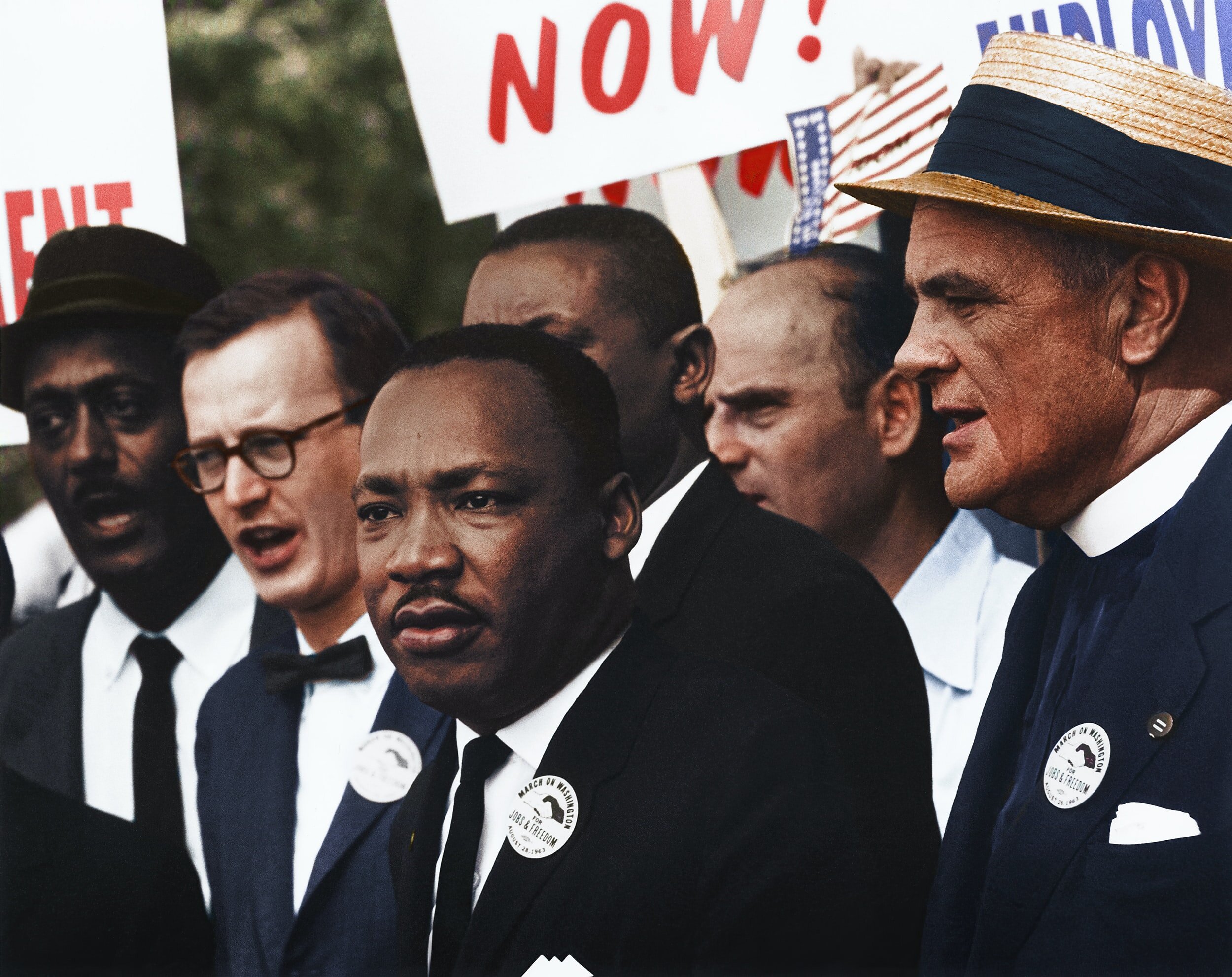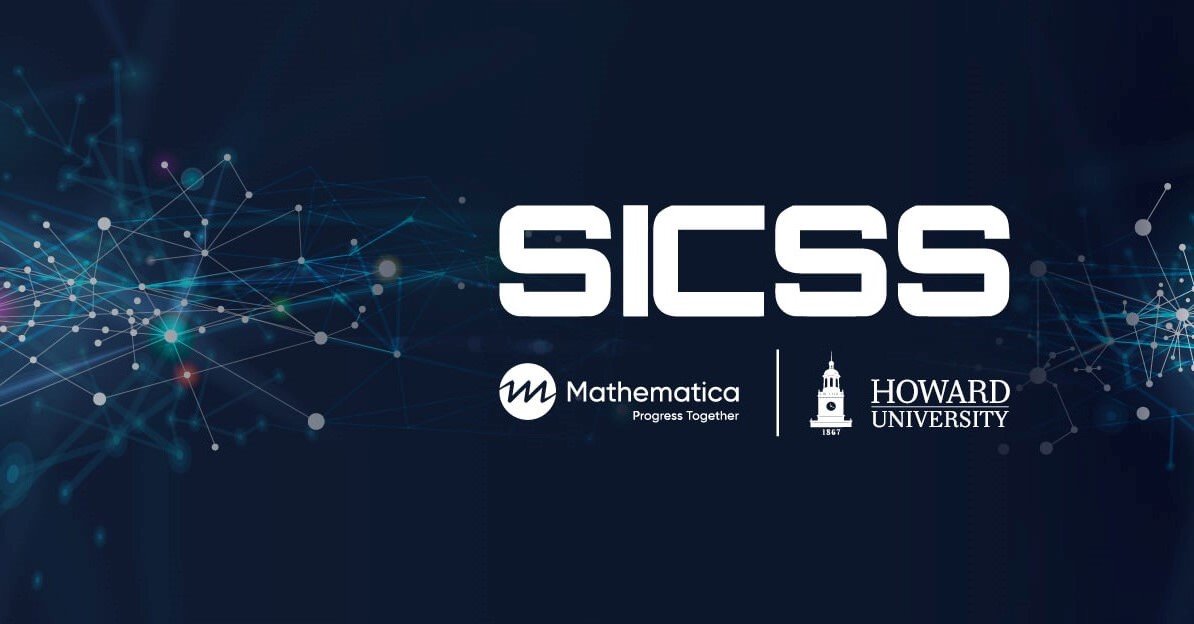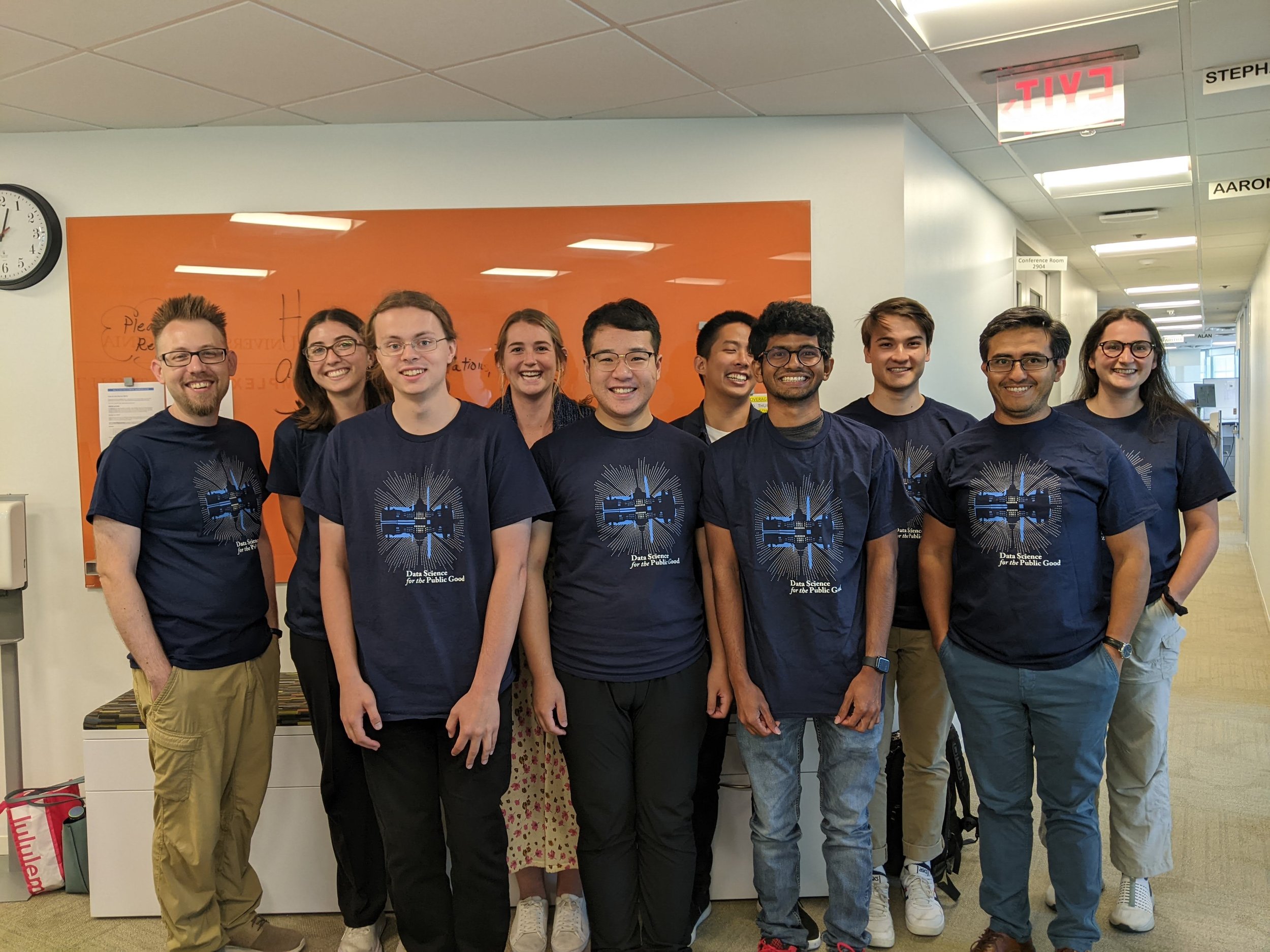Contemporary Studies of Juneteenth
by Janet Salmons, Ph.D., Research Community Manager for Sage Methodspace
Juneteenth: A Unique Historical Moment
They didn’t see it on television. They couldn’t check social media. They weren’t able call, text, or Zoom with friends and family to hear the latest. Even though the Emancipation Proclamation had been signed over two years prior, slaves continued to labor in Texas until June 19, 1865 when the Union General Gordon Granger arrived with the news that they were free. This joyful news is celebrated in the United States as Juneteenth, now a Federal holiday.
What does Juneteenth mean to scholars today?
You can find links to historical documents, recordings, original sources, and other archival materials in a previous Methodspace post: Studying Juneteenth. In this eclectic collection, multidisciplinary researchers discuss implications of Juneteenth. These pieces include newsletters and informal publications as well as scholarly articles, Some are open-access, some require a request to the author for full-text, and others can be accessed through JSTOR, which offers 100 free articles each month to researchers without academic library accounts.
Beasley, H., Clark, A., Garner, A., Heyward, F., Moore, E., Nelson, R., Ray, K., Silvers, S., Stephens, D., & Woappi, Y. (2023). What does Juneteenth mean in STEMM? Cell, 186, 2501-2505. https://doi.org/10.1016/j.cell.2023.05.011
Abstract. Juneteenth commemorates the freeing of the last large group of enslaved people in 1865 at the end of the American Civil War. We asked several Black scientists what Juneteenth means to them in the context of science, technology, engineering, mathematics, and medicine (STEMM)? Their answers run the emotional gamut.
From the same issue:
Mays, A., Byars-Winston, A., Hinton, J. A., Marshall, A., Kirabo, A., August, A., Marlin, B., Riggs, B., Tolbert, B., Wanjalla, C., Womack, C., Evans, C., Barnes, C., Starbird, C., Williams, C., Reynolds, C., Taabazuing, C., Cameron, C., Murray, D., & Clemons, W. (2023). Juneteenth in STEMM and the barriers to equitable science. Cell, 186, 2510-2517. https://doi.org/10.1016/j.cell.2023.05.016
Abstract. We are 52 Black scientists. Here, we establish the context of Juneteenth in STEMM and discuss the barriers Black scientists face, the struggles they endure, and the lack of recognition they receive. We review racism's history in science and provide institutional-level solutions to reduce the burdens on Black scientists.
Campbell, R. B. (1984). The End of Slavery in Texas: A Research Note. The Southwestern Historical Quarterly, 88(1), 71–80. http://www.jstor.org/stable/30239840
This article discusses the legal steps that were taken to end slavery after Granger’s announcement.
Hume, J., & Arceneaux, N. (2008). Public Memory, Cultural Legacy, and Press Coverage of the Juneteenth Revival. Journalism History, 34(3), 155-162. https://doi.org/10.1080/00947679.2008.12062768 (Request full text.)
Abstract. Following the Civil War, African Americans in Texas celebrated their emancipation with an annual holiday known as “Juneteenth.” The celebration migrated to other areas of the country, and over the past several years there has been a concerted effort to establish it as a national holiday. Using the recent revival and diffusion of Juneteenth as its focal point, this article examines local press coverage of the celebration in four states. The coverage illustrates how journalists invoke history to explain current events and also highlights the changing, fluid nature of public memory. In contrast to the view of history as a fixed, stable account of past events, the evidence reveals that the historical record is continually changing based upon contemporary concerns, political motivations, and, in this particular case, the ongoing integration of African Americans into American society.
Jackson, S. J. (2021). Black Lives Matter and the revitalization of collective visionary leadership. Leadership, 17(1), 8–17. https://doi.org/10.1177/1742715020975920
Abstract. Herein, I share a conversation with Alicia Garza, co-founder of the Black Lives Matter Global Network, as context to detail the collective visionary leadership of the Black Lives Matter movement in the United States. After highlighting how Garza enacts this tradition in the contemporary era, I revisit Ella Baker’s foundational model of collective visionary leadership from the civil rights era. Collective visionary leadership, embodied across these generations, is local and community-based, centers the power and knowledge of ordinary people, and prioritizes transformative accountability and liberatory visions of the future. Such leadership has been central to a range of transformational movements, and especially those anchored by Black women and Black queer folk. I also consider what critiques of traditional models of leadership collective visionary leadership levies both past and present. I call on all those concerned with the act of leading justly to take up this model.
O’Donovan, S. (2013). Freedom’s Revolutions: Rethinking Emancipation and its History. Tennessee Historical Quarterly, 72(4), 245–254. http://www.jstor.org/stable/43825501
This article examines the complex and messy process of emancipation across the former Confederacy.
Roberts, A., Aduen, V., Blanks, J., Carter, S., & Girault, K. (2022). Digital Juneteenth. Public Culture, 34. https://doi.org/10.1215/08992363-9937339 (Request full text.)
Abstract. After Juneteenth, formerly enslaved African Americans in Texas founded hundreds of historic Black settlements known as freedom colonies. Later, freedom colonies’ populations dispersed, physical traces disappeared, and memories of locations vanished as descendants passed away. In the absence of buildings and legally recognized borders, intangible heritage—stories, ephemeral traditions—define a sense of place. Betraying the perception that these places have disappeared, founders’ descendants express commitments to freedom colonies by returning periodically to plan commemorative events, rehabilitate historic structures, and steward cemeteries. The Texas Freedom Colonies Project (The TXFC Project), a team of faculty and student researchers, documents settlements while supporting descendant communities’ historic preservation aims. By making diasporic publics legible and increasing the visibility of communities’ settlement patterns and remaining extant features, The TXFC Project elevates stakeholders’ concerns in urban planning domains. In 2020, COVID-19’s social distancing requirements challenged diasporic descendants’ efforts to foster social cohesion. Consequently, The TXFC Project hosted a Facebook Live “talk show,” leveraging social media platforms to amplify freedom colony descendants’ work. The team analyzed event transcripts revealing cultural adaptations to socially restrictive conditions during Juneteenth commemorations and indicating that virtual storytelling helped territorialize widely dispersed, unbounded places for stakeholders facing natural and human-made disruptions.
St Johns, M. E., & Berman, R. A. (2022). Juneteenth and the Freedom Writers. Hoover Digest: Research & Opinion on Public Policy, 22(4), 157–166.
Juneteenth bequeaths a legacy of freedom, for all Americans and especially for African-Americans. The nineteenth of June marks the date in 1865 when Union troops reached Galveston, Texas, to end slavery definitively. The holiday provides an opportunity to reflect on the long tradition of liberty that pervades American culture. For all the experience of inequality, unfairness, and racism that has coursed through the nation’s history, so too has the aspiration for freedom. While we should not forget the bad of the past, it is vital to celebrate the good, the accomplishments of freedom, and the sacrifices they demanded. Remembering that legacy is never more appropriate than on Juneteenth “in the land of the free and the home of the brave.”
Focusing on the emancipatory accomplishments in American history is all the more important today, in the face of efforts to redefine the movement for equality, which has long been based on the freedom of opportunity, by distorting it into appeals for “equity” that prescribe outcomes in advance, thereby degrading individual effort. This hostility to individual freedom was clearly evident in the embrace of Marxism that originally informed the Black Lives Matter agenda. Yet the real freedom tradition—the tradition from the Declaration of Independence through Juneteenth and until today—is richer than the bizarre ideologies promoted by activists and media during recent decades. As an antidote to wokeness, it is salutary to turn to three brilliant writers from the African-American tradition—Zora Neale Hurston, Ralph Ellison, and Richard Wright—who testify to the rich breadth of freedom thinking.


























Read this collection of multidisciplinary articles to explore epistemological questions in Indigenous research.